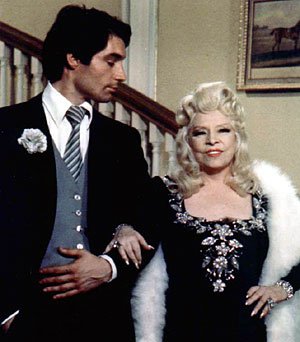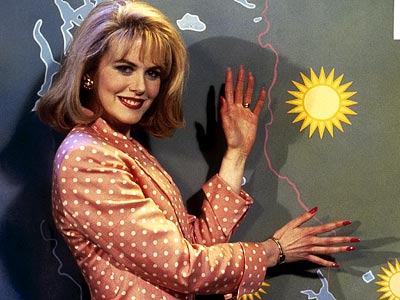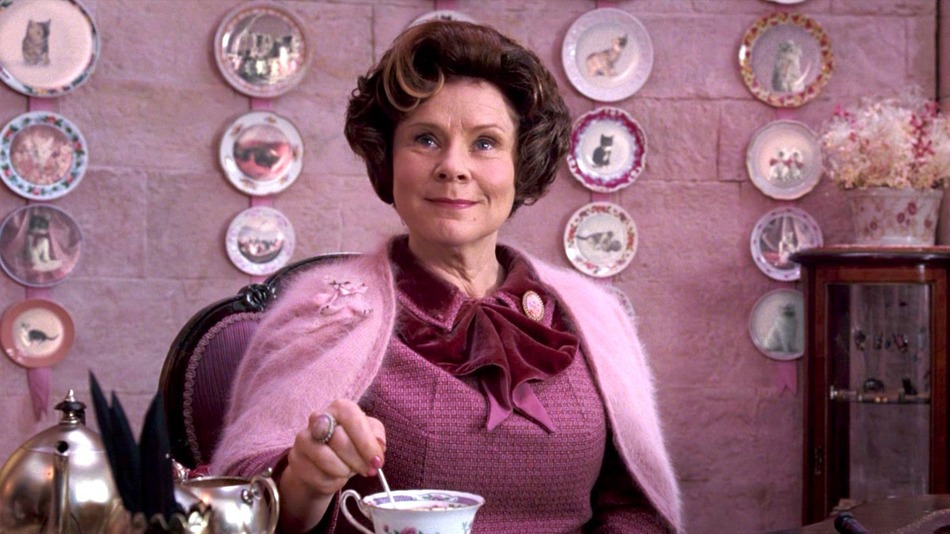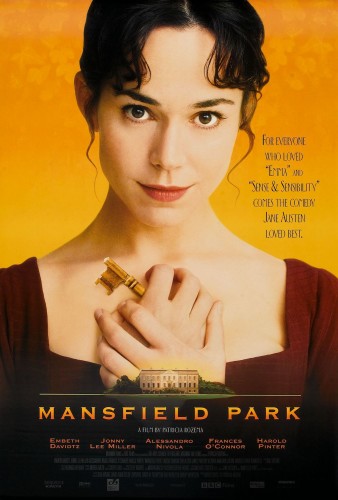‘Kuch Kuch Hota Hai’: Bollywood Hurts Men, Too
By supplying excuses all around, ‘Kuch Kuch Hota Hai’ upholds the status quo while venting its resulting frustrations; the performances lovingly celebrate female feistiness, while the plot constantly punishes and suppresses it in favor of traditional ideals of self-sacrifice and emotional martyrdom. Cue predictable feminist outrage. You already know everything I would write. So instead, I’d like to focus on another aspect of the film: its utter contempt for male agency. Yes, male.











